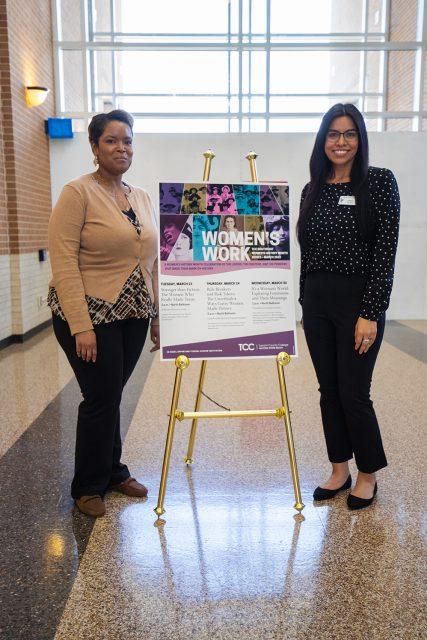
Ketanji Onyika Brown Jackson is on the cusp of making history as the first Black woman to serve as a U.S. Supreme Court justice. All she needs to do is overcome centuries of misogynoir embedded into the country’s foundation.
Minority representation is lacking in nearly every facet imaginable in this nation. This fact is infinitely more valid when it comes to something as exclusive as the Supreme Court.
It was established 233 years ago. However, it took until 1967 for there to be a Black man seated, and until 1981 for there to finally be a woman appointed to the nation’s highest court. Out of 115 members, only three have been people of color and five have been women.
On paper, Jackson is more than qualified. She is a Harvard Law School graduate. She spent time as a lawyer and has years of experience as a judge. In fact, she has more trial court judge experience than four of the current justices combined.
Typically, an individual with this many qualifications would be a no-brainer to appoint to the Supreme Court.
However, in Jackson’s case, she has been subjected to racial disparagement in the media, being called a token nomination, strictly since she is a Black woman.
During the Senate Judiciary Committee hearings this past week, top Republican senators — when faced with the inability to find a legitimate reason Jackson should not be appointed — resorted to misleading questions and using conspiracy theories and buzzwords currently popular among their right-wing base.
They asked her questions regarding her definition of womanhood, critical race theory, abortion, and specifically, her past involvement in the sentencing of child pornography cases.
The most egregious line of questioning came from Sen. Josh Hawley of Missouri. He made claim after claim that Jackson was lenient on crime. He described in detail some of the more horrific cases she’d overseen as a judge, blaming her for passing sentences that he deemed too low.
The problem with this line of inquiry is what Jackson pointed out multiple times to Hawley. She is not Congress, therefore, she can only follow the guidelines that Congress has laid out.
Some Republican senators took their questioning even further into the realm of disrespect and insanity. She was asked about her faith — completely irrelevant to the position — and one senator even resorted to using books as props while ranting about how he believed Jackson was a reverse racist.
It’s hard not to look at all of this as evidence of a preconceived notion. Her qualifications do not seem to matter in comparison to her race and gender.
Despite all of this, Jackson never wavered, never lost her cool, never looked weak or shook in the face of these idiotic individuals. She answered every question to perfection, remaining dignified and professional despite her questioner’s “jackassery,” according to one Democratic senator.
She clearly has legendary patience. Any lesser being would have walked out of there and never looked back. This is the type of person she is: intelligent, strong, patient and thoughtful, all with an extreme understanding of the law.
The country could not ask for a more qualified individual. Jackson has shown that if she can handle the absurdity of today’s Republican Party, then she can handle anything.
With the Supreme Court having been historically dominated by men — mostly white — having minority representation atop the pinnacle of the judicial system is paramount to the nation’s growth. Especially during a time when the racial divide feels like it’s at a fever pitch.
Too commonly in this country, individuals in positions of power — usually white men — like to plant themselves firmly in the way of change.
The Supreme Court needs someone like Jackson. She represents not only change but more importantly, the women who look like her. The impact she could have on minority communities is incalculable, and her legacy as a Supreme Court justice could influence the direction of the country for the next century.
































